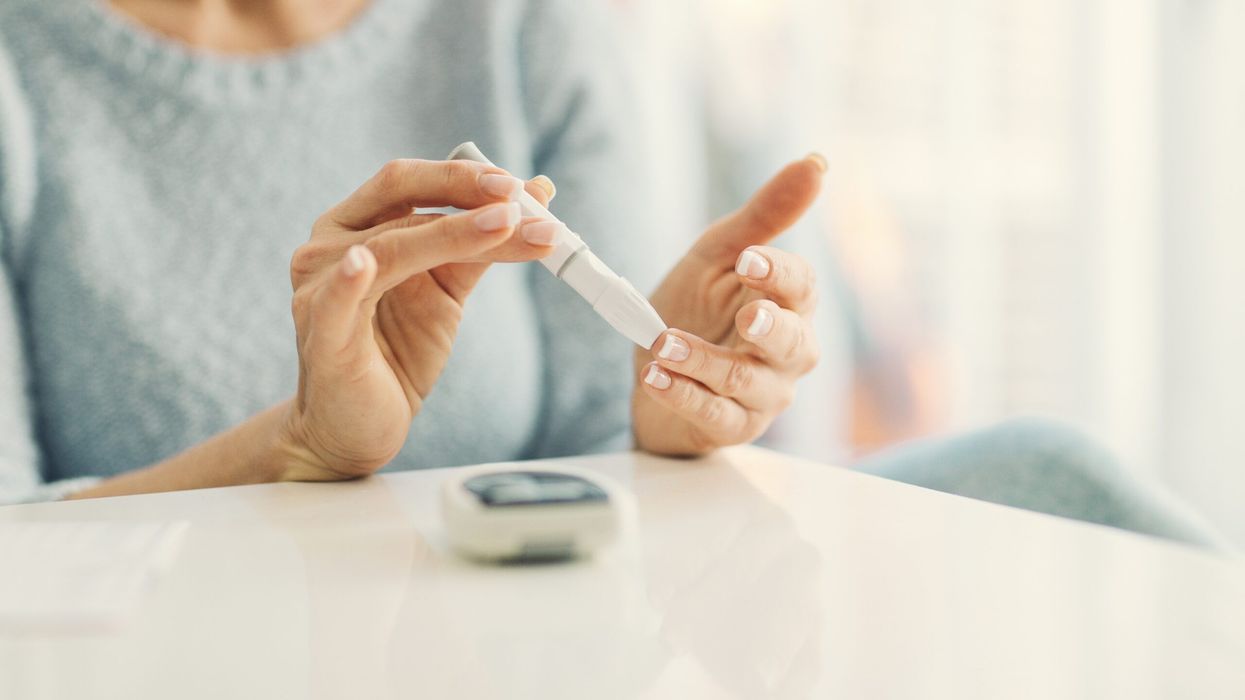New research published in The Lancet Diabetes and Endocrinology journal has revealed an increase in non-Covid-related deaths among individuals with diabetes, attributed to disruptions caused by the pandemic.
The global review of studies comparing pre-pandemic and during-pandemic data found that the complication of sight loss in people with diabetes also increased.
The negative impacts were most pronounced for women, younger people, and racial and ethnic minority groups, it found.
The team of researchers, including those from the World Health Organisation (WHO), looked at 138 studies - North America (39), Western Europe (39), Asia (17) and others from Eastern Europe, South America, Egypt, Australia, and multiple regions - to examine the impacts of pandemic-related disruptions on the vulnerable diabetic population.
The research findings pointed to the importance of ensuring that all people with diabetes, especially those from the less advantaged groups, had consistent access to diabetes medication and care, the researchers said.
"We set out to answer the question, are you more at risk of dying from Covid and having serious disease if you have diabetes? And the data were clear - yes, you are," said co-lead author Jamie Hartmann-Boyce, an assistant professor of health policy and promotion in the School of Public Health and Health Sciences, University of Massachusetts Amherst, US.
Along with an increase in deaths, the researchers found a "startling" increase in diabetes-related admissions to paediatric ICUs, as well as a rise in cases of diabetic ketoacidosis (DKA) among children and adolescents.
DKA is a potentially life-threatening complication of diabetes, characterised by vomiting, abdominal pain, taking deep gasps while breathing and increased urination.
The data on paediatric ICU admissions and DKA was probably the most striking thing coming out of the review, according to Hartmann-Boyce.
"It was very consistent across countries, and a paediatric ICU admission is a major event for kids and their families," she said.
The researchers pointed out that there were more new cases of Type 1 diabetes than expected, and that children freshly diagnosed with this type were much sicker during pandemic than during non-pandemic periods.
Type 1 diabetes, much less common than Type 2 diabetes, is an autoimmune disease usually diagnosed in childhood but can occur at any age. It is often detected at routine primary care visits.
Regardless of the type of diabetes a person has, the disease requires self-management with diet, physical activity, and consistent routines.
People with Type 1 diabetes also require insulin to manage their blood sugar, the researchers said.
Finding clear evidence that diabetes was a risk factor for death from Covid, the team then looked at the pandemic's indirect impacts on diabetes management such as reduced access to healthcare.
"We know that not getting your eyes screened regularly if you have diabetes is a problem and leads to more sight loss," said Hartmann-Boyce.
"And we saw diabetes-related mortality and all-cause mortality increasing in England during the first wave that wasn't attributed to Covid but was probably related to reduced access to health care and reduced health care utilisation."
She said she would like to update the review over the next decade, when more indirect pandemic impacts might become evident, as when blood sugars run high, there can be impacts that might not be seen for five or ten years down the line.
"One would hope that the people who do pandemic planning would take this information into account when thinking about the messaging and the care provided to people living with diabetes, should we have another pandemic," said Hartmann-Boyce.
(PTI)




